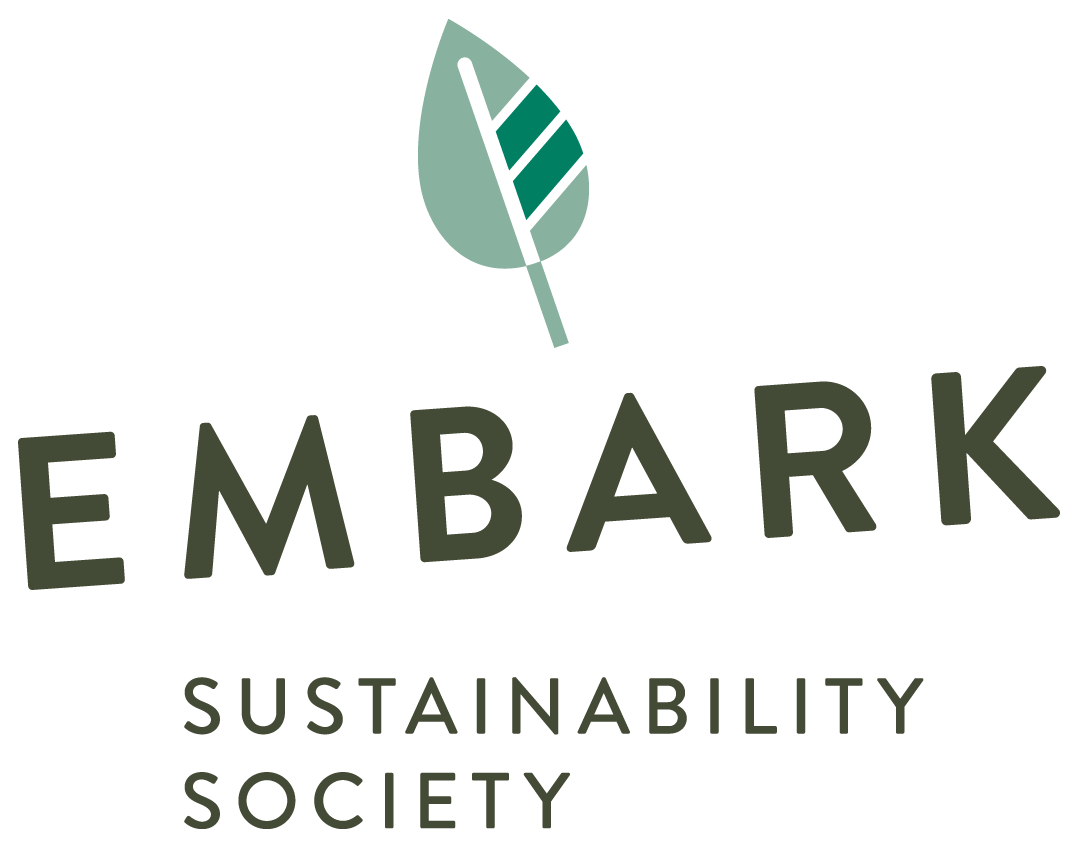Sustainable Development and a New Class of Consumers
By Bita Heshmati
In environmental economics, sustainability is viewed in a couple of ways. First, there is weak sustainability that says, human capital machinery and wealth can replace natural resources. In the context of business, it implies that businesses are sustainable as long as they consider social and environmental impacts of their behaviour and factor that into their production to some amount. There is also a strong sustainability view that says, while there is a close connection between labour and natural resources, one is not the perfect substitute for the other. In the latter view, businesses are sustainable only if they adopt alternative methods to run their businesses so that all their actions lead to a more sustainable society and towards the preservation of natural resources for future generations.
In the past, not many companies cared about the production process of their products, sustainable practices, clear advertising and labelling. However, much of that has been changing with the growing demand for environmentally friendly products. Many companies, given that they care a great deal about their profits, realize that changing the supply to meet the needs of the new class of consumers, not only increases their profit today but also increases their profit in the future. Also, adopting sustainable practices improves their reputation and increases their cost-savings and government support. There are many ways that companies try to achieve sustainability. Some are reducing carbon emissions by investing in carbon offset projects. Others increase their use of eco-friendly material or reduce their use of toxic substances in production. Moreover, companies may reduce their wastewater by forming greater water policies and initiatives.What is evident is that there is a shift towards a more sustainable method of production that comes as a result of pressure from both the consumers and the suppliers in the society.
While many companies adopt sustainable practices simply to earn more profits, some develop sustainable businesses to challenge the industry to become more sustainable in the future. The ‘10 star home in Victoria, Australia’ is a nifty example of that. The Social Weaver architectural group designed and built a home, in collaboration with Martin Builders and Clare Cousins architects, that is zero waste, carbon positive, eco-friendly, and uses no heating or cooling system. Its carbon positive feature saves an estimated 230 kg of carbon emissions per occupant per year. Its use of a passive solar heating allows it to self-heat during winters in Australia and a ‘green switch’ allow electrical powers to shut off during the night, both of which, reduce utility bills significantly.
Aside from these features and a few others that make this home a great example of sustainable development, what is impressive in this case is the way the suppliers are trying to shift consumers’ preferences to a more sustainable way of living. The material they used in furnishing, decorating and cleaning the interior of the home was all natural, eco-friendly and responsibly produced. They used green products to show consumers that these products are available on the market and that beauty, sustainability and function can be combined after all. The message they send is an especially important one. Not only it creates a new demand for sustainable businesses and practices; it fuels a new supply to meet it.
With the continuous growth in demand for eco-friendly products, certain companies who are still negligent towards sustainability issues will inevitably have to change their business strategies. Adopting better ways of production is the only way they can attract the new class of consumers to their products and further increase their profits. The increase in the number of sustainable businesses further fuel the changes in consumer preferences and producers’ practices in the future. Therefore, as sustainable practices become the standard in various industries, more companies will be addressing the environmental issues that will impact future generations.

The informed consumer! Photo by Pete Wright
For more information, see:
http://thesociableweaver.com.au/houses/10-star-home/
https://www.franchisehelp.com/industry-reports/green-industry-report/
https://en.m.wikibooks.org/wiki/Sustainable_Business/Sustainable_business_practice
